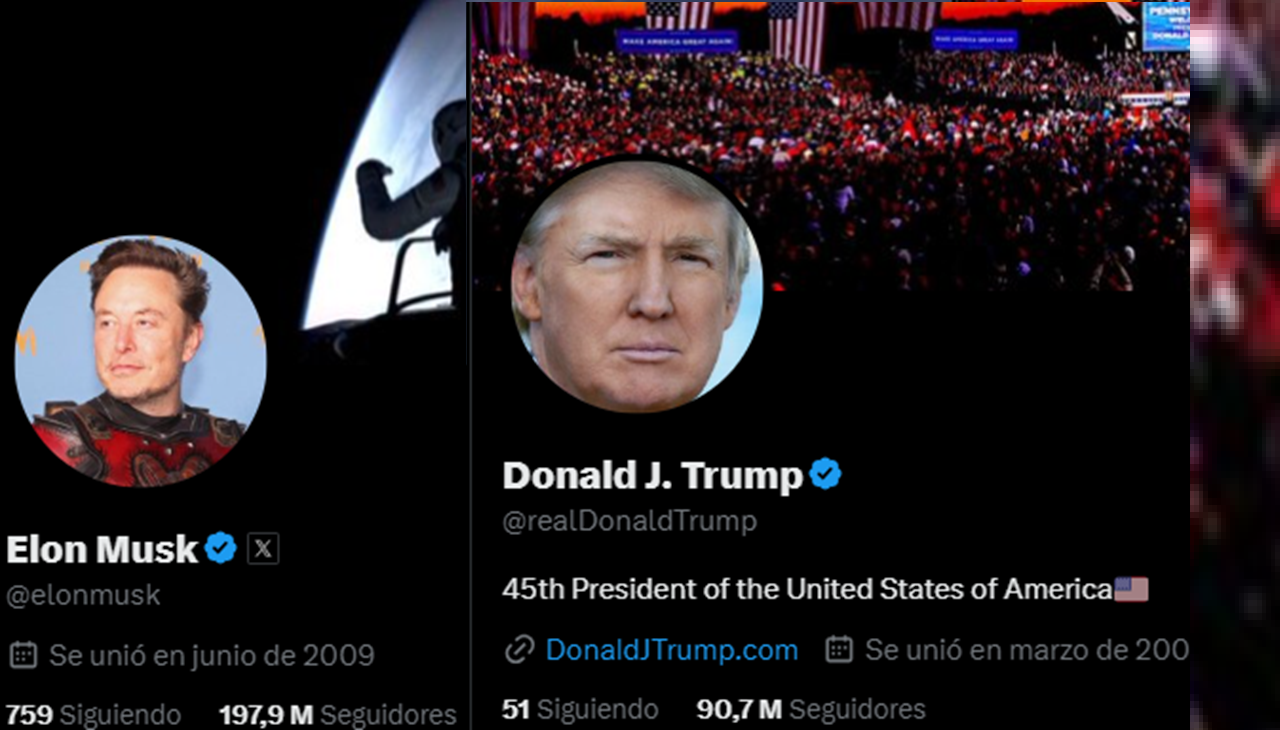
Elon Musk, free speech and the U.S. election campaign
The South African tycoon is completely playing Donald Trump's campaign. He accuses the traditional press of being biased. Who is right?
Everyone knows what Elon Musk's bet is for the next elections. His positions are radical with respect to Donald Trump, whom he supports unreservedly. The South African magnate has also never left the front pages of the media he criticizes: recently, the decision of a Brazilian judge to close X in Brazil, gave him another reason to appear. That was another fact that led him to clearly point out the risks of freedom of expression, according to him. His account on X, his own social influence network that cost him US$44 billion, is a balcony from where he exposes all kinds of arguments in favor of Trump.
Just one button of proof: he reposted a Trump campaign report with 50 examples of messages in the Democrats' rhetoric that, according to the former president's supporters, "inspired an assassination attempt" against the Republican candidate.
No wonder https://t.co/BHydmT3qBU
— Elon Musk (@elonmusk) September 17, 2024
Later, he was more emphatic:
The Dems explicitly called for Trump to be shot and now two people have answered that call https://t.co/ldmTx0rEos
— Elon Musk (@elonmusk) September 17, 2024
Musk's point is against the bias, according to him, that many Democratic media have deepened during the current campaign against Trump. For the investor, freedom of expression must be a priority and that is why the biases of traditional media are an affront to this principle.
However, it is not without paradox that the owner of a social network, which manages the algorithm at its whim and without accountability, talks about avoiding biases.
Moreover, it is also true that the Trump campaign has decided to systematically use lies and exaggeration as a strategy. No one can question that. For example, during the debate with Kamala Harris, Trump, in trying to emphasize the argument about his immigration policy asserted, "In Springfield, they’re eating the dogs. The people that came in, they’re eating the cats. They’re eating — they’re eating the pets of the people that live there"
In the face of these blunders, Musk remained silent. Perhaps he considers that lying for political purposes is not so serious. Musk has also criticized the traditional press because after the first attack against Trump, journalists made headlines referring to the facts in conditional, as if questioning the episode. And recently he went even further: in a tweet that he deleted a few minutes after it was published, he wondered why there were already two attacks against Trump while none against Kamala Harris or Joe Biden.
RELATED CONTENT
Everyone should condemn any act of violence, against Trump or whomever. There is no question about it.
Clearly the tycoon does not understand the requirement of verification to which journalists are bound. For him, freedom of expression is a principle that is above all else, including the duty to doubt all versions.
Musk's debate is extremely relevant, because it is not true that everything in the virtual world is clear and well defined: the confirmation exercise, which may bother the owner of X a lot, is still vital for democracies and fundamental in the task of arriving at the truth that, despite social networks, is never evident.
And unfortunately the candidate he supports has given too much material to be verified. Remember about the cats in Springfield. Musk has made his bet on the Republican candidate. That is his right.
But, he should understand that he is not just another protagonist of current affairs: he is the owner of a network with around 250 million active users and has 197 million followers on his account alone. Freedom of expression may clash with the need for the truth of facts, another essential asset for societies. That is not an issue to be resolved on social networks. Nor is it a black and white issue.



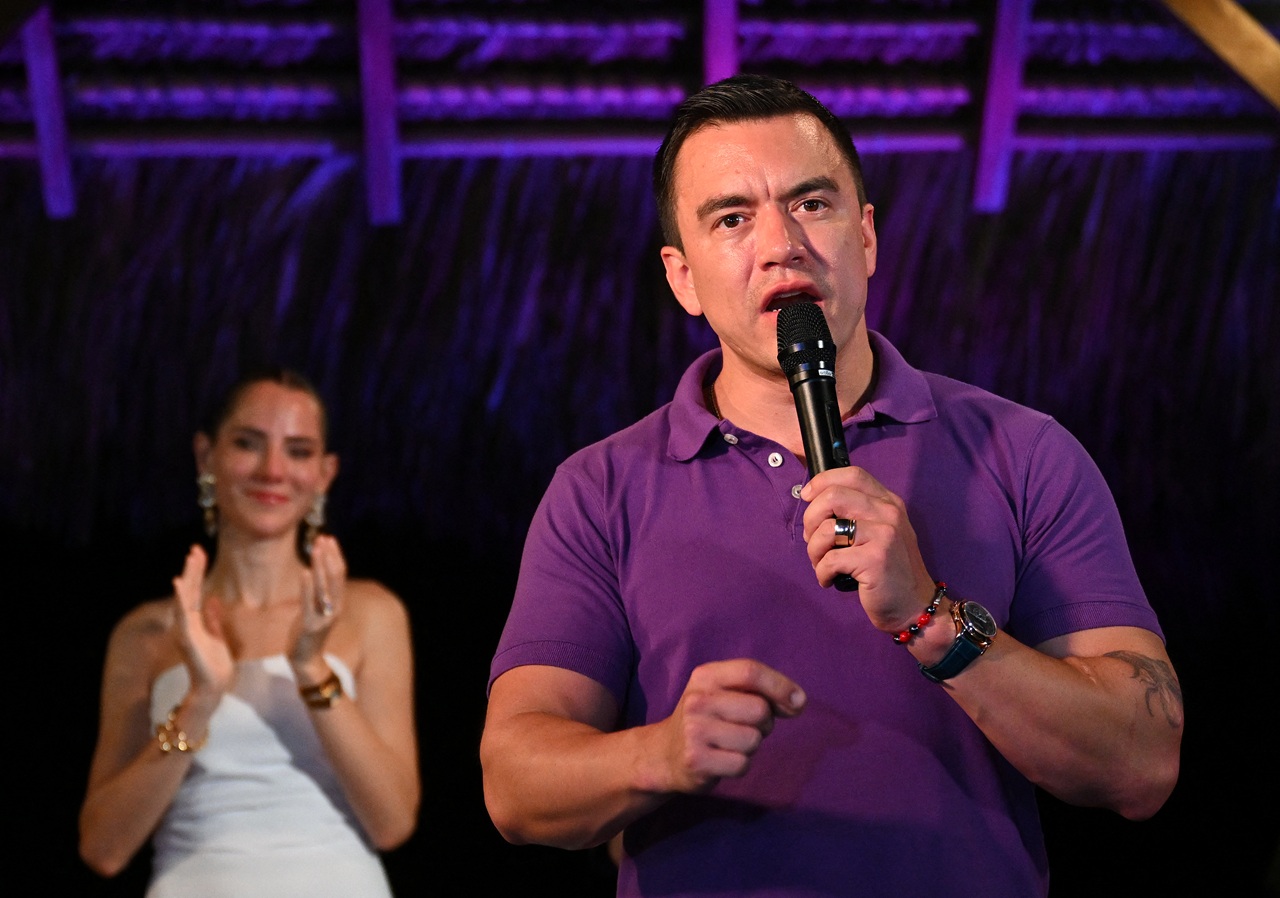

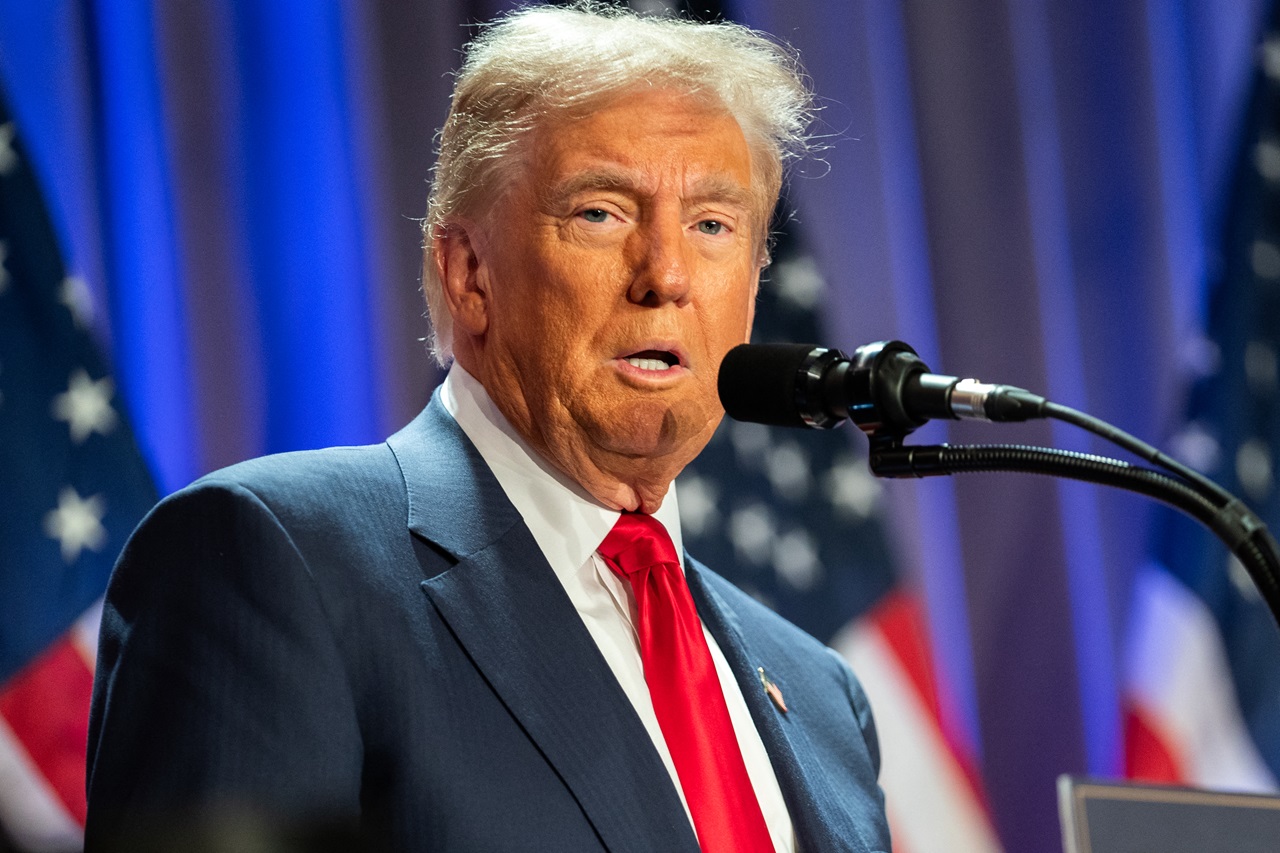
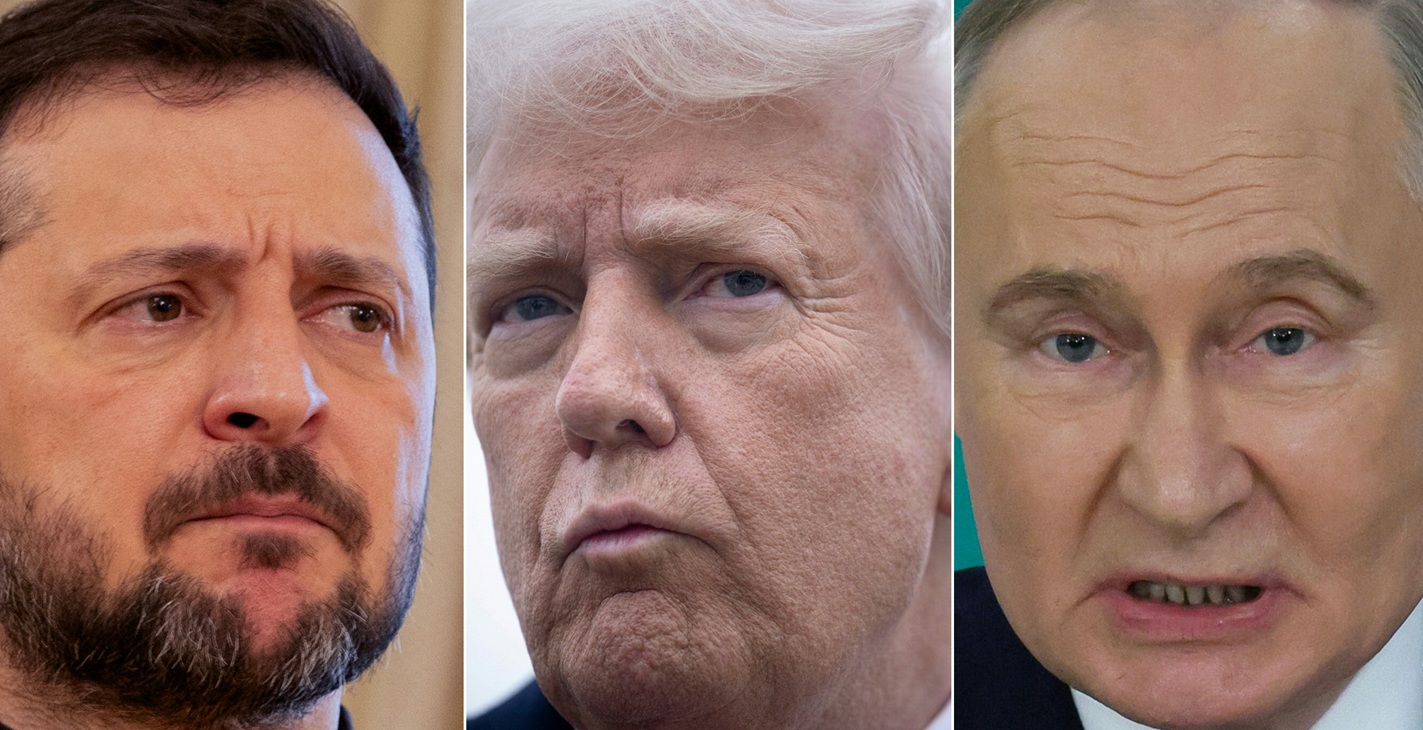

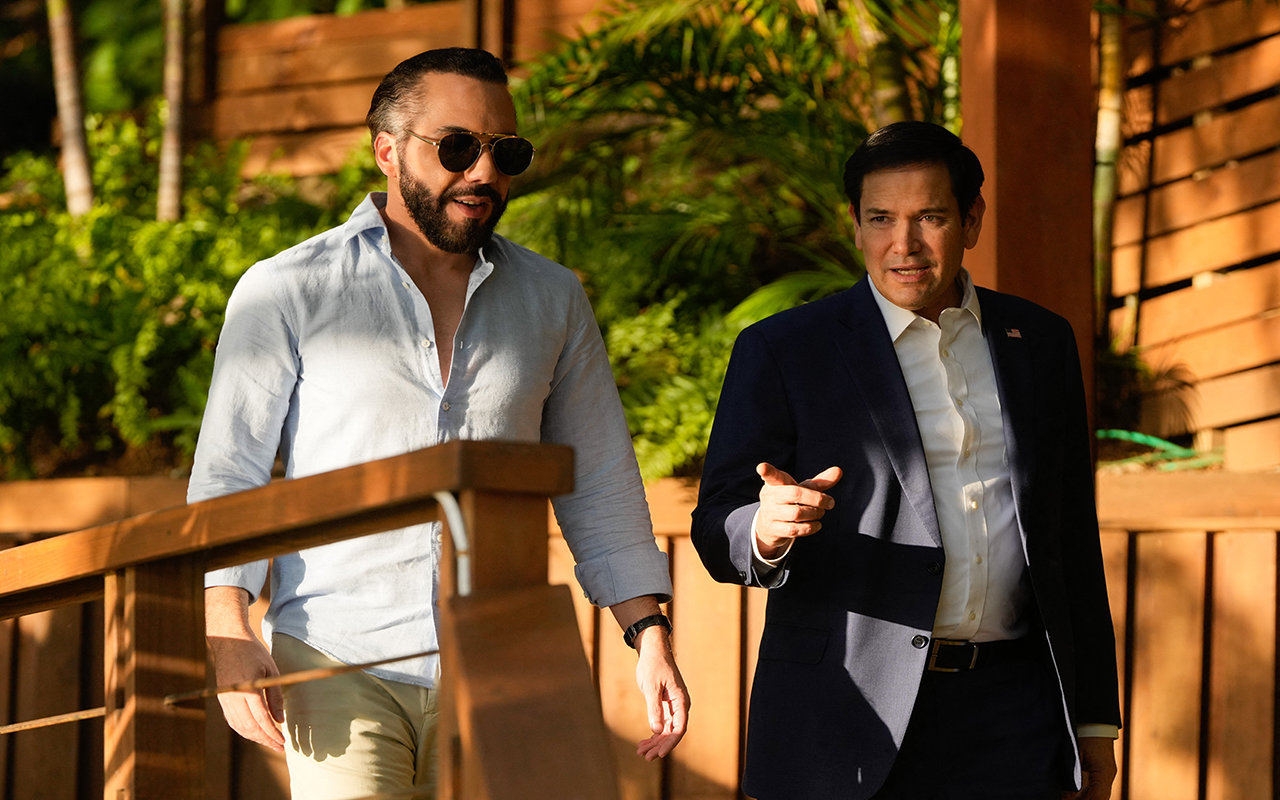

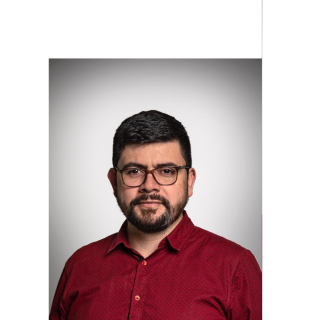
LEAVE A COMMENT: